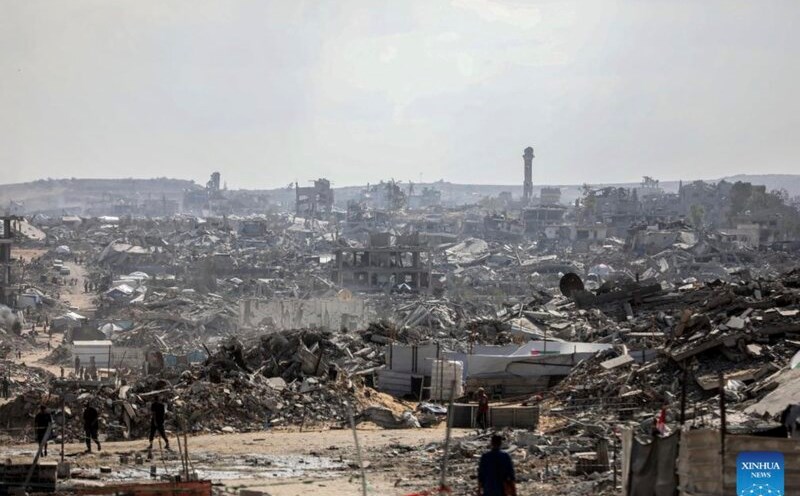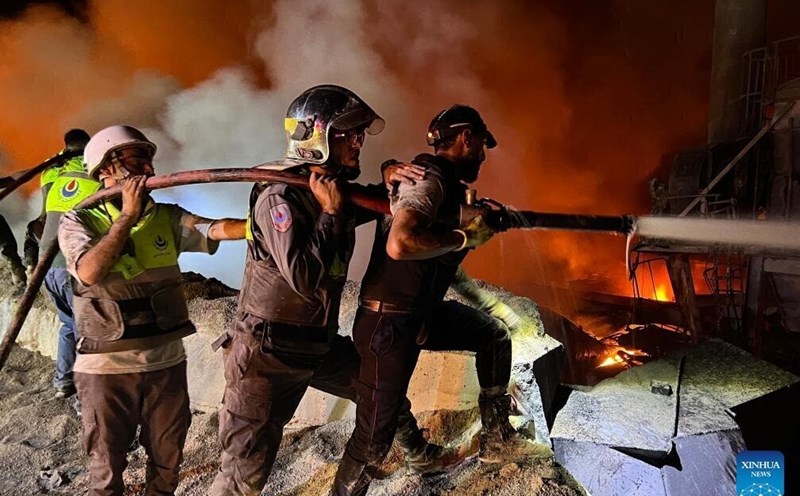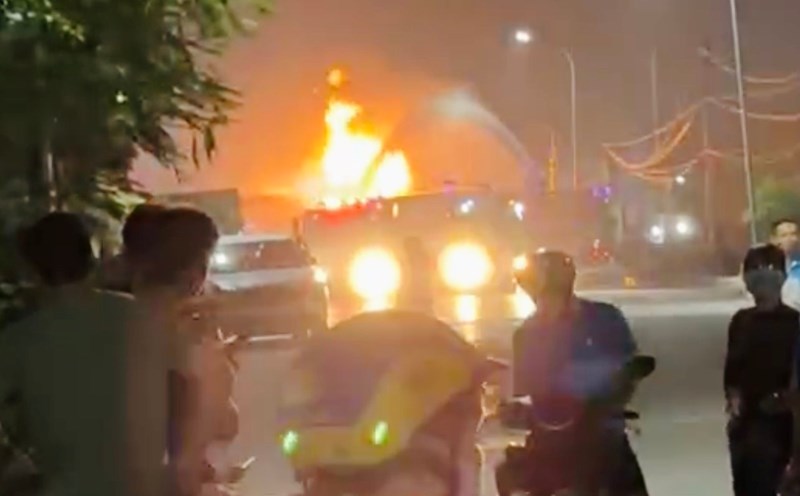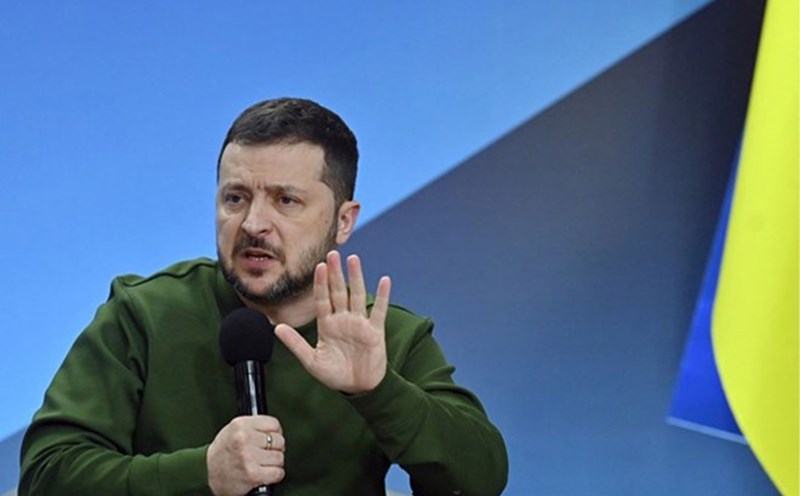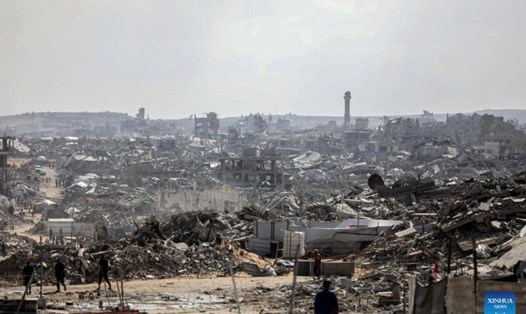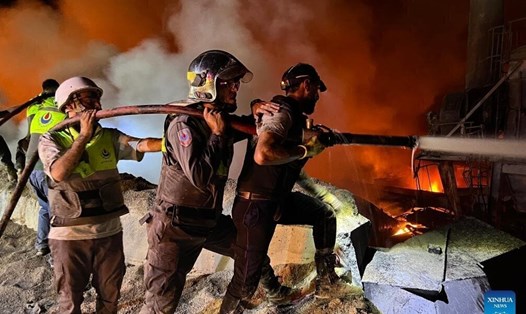On October 28, Israeli Prime Minister Benjamin Netanyahu said he had directed the military to carry out "immediate" attacks on the Gaza Strip. The decision came after Israel accused Hamas gunmen of violating a current ceasefire.
Netanyahu said the order was issued after security consultations with senior defense officials. This is the most serious sign of escalating tensions since the new ceasefire, brokered by the US and France, took effect from October 10.
Earlier in the same day, the Israel State Army Radio reported that Israeli forces had opened fire on the city of Rafah in southern Gaza. The move is believed to be in response to Hamas gunmen targeting the Israeli army with anti-tank and tiled weapons.
Rafah is the southernmost city of Gaza, bordering Egypt and is home to a large concentration of Palestinian refugees. Any military action here is at risk of causing great damage to civilians.
So far, Hamas has not responded to Israel's allegations. This silence further increases uncertainty about the actual situation and future of the ceasefire.
The development also comes as Israel and Hamas are blaming each other for the body of an Israeli hostage found in Gaza. On October 27, Israel said that what Hamas returned was essentially the remains of a hostage that the Israeli military had found about two years ago.
In contrast, a Hamas source said Israel had refused to send teams from the International Red Cross Committee and Palestinian factions to east of Gaza City to search for the remains of Israeli prisoners.
The Israel-Hamas conflict broke out on October 7, 2023, when Hamas-led fighters attacked southern Israel, killing about 1,200 people and taking about 250 hostages. The subsequent Israeli attack killed more than 68,000 people and injured 170,000 in Gaza, according to local health agencies.
Even during the ceasefire since October 10, the violence has not completely ended. The Gaza Health Agency said on October 27 that 94 Palestinians have been killed and 344 injured since the new ceasefire took effect.

